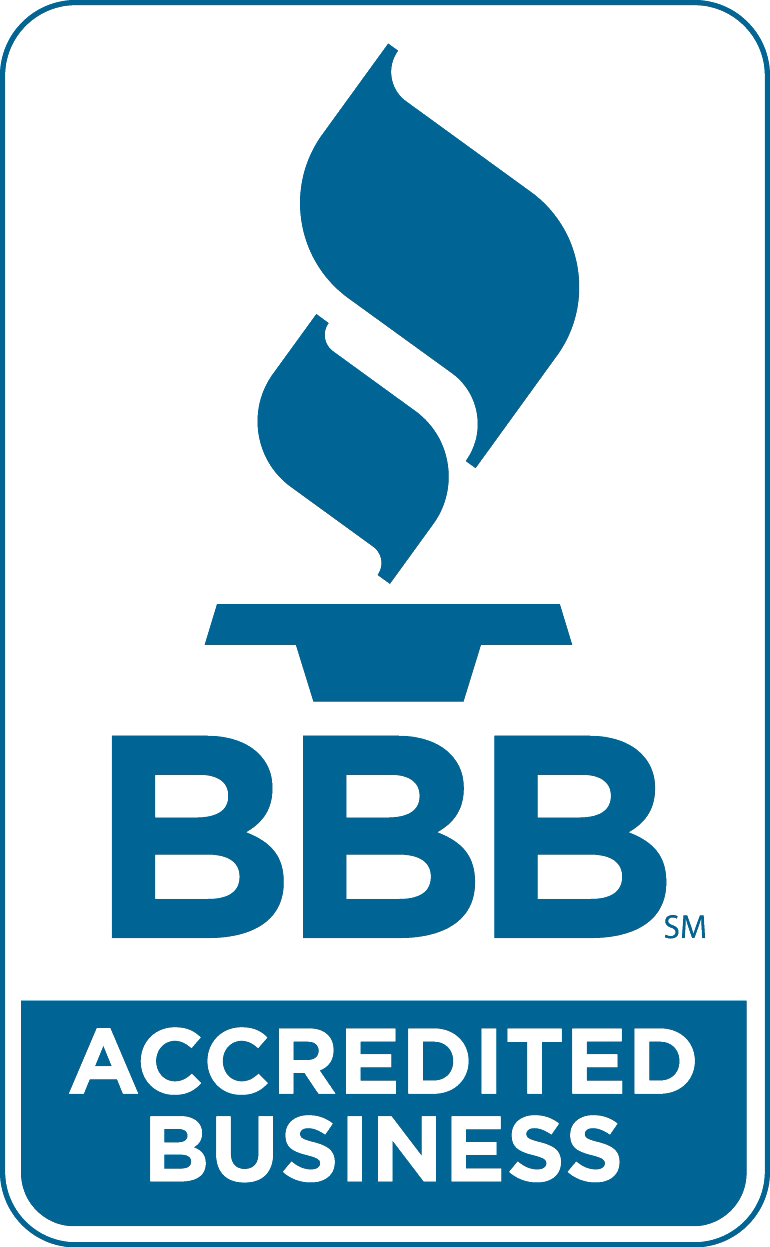Auto Fraud Claims
Probably next to buying a house, purchasing a car can be one of the most perplexing experiences of your life. Car dealers have a huge advantage over consumers because they sell lots of cars every day, while the average consumer purchases only one car every four or five years. Chances are, nearly everything you learned about buying a car during your last transaction will be forgotten by the time you get to the next one.
Ask Lots of Questions
There are many ways a car dealer can take advantage of a consumer during a car sales transaction, but I think the most devious way is by selling a bad car. The whole purpose of buying a car is to provide yourself with safe, reliable transportation. A bad car not only means paying extra money for car repairs, it compromises your safety as well.
One way to protect yourself is to ask lots of questions during the transaction. Ask if the vehicle has ever been in an accident, whether it has ever had major repairs to the engine or transmission, whether it has ever leaked oil, or whether it has ever been declared a lemon, for example. If the salesman lies to you about any of these questions, you’ll have a great lawsuit. If he tells the truth, you’ll have a great car.
Keep Everything Separate, Keep Everything Simple
If you’re in a position to pay cash for a vehicle, and you’re not trading-in an existing vehicle, it will be hard for a car dealer to take advantage of you. This is because you have eliminated the car dealer’s ability to hide the true price of the vehicle. By contrast, the more variables involved in a car sales transaction, the easier it will be for the dealer to pad its profit.
A good example is when you trade-in a vehicle that’s worth less than what you owe. The dealer will often increase the price of the new car to cover the balance owed on the trade-in. This could work in theory, but only if the additional cost of the new car exactly mirrors the money you owed in excess of the old car’s value. In all likelihood, the dealer will treat this situation as a chance to earn some extra profit by charging you more than necessary to pay off the trade-in vehicle. This additional profit, however, will be buried in the contract because you won’t know the true cost of the vehicle.
You can protect yourself, somewhat, by negotiating each aspect of the transaction separately. Once you agree on a purchase price, don’t let the dealer change that price to accommodate some other aspect of the sale. Don’t EVER tell a salesman how much you can afford to make in monthly payments. Instead, you should negotiate each aspect of the sale separately and see what figures they come up with. In this way, you’ll be able to break down each segment of the sale and better understand the real cost of the overall transaction. By asking the dealer to come up with a “payment,” you will likely be giving up hundreds if not thousands of extra dollars to the dealership.
Finally, if you’re not prepared to walk away from a transaction, you’ll pay more for your vehicle every time. Remember, the salesman wants to sell you a car more than you want to buy one (even if you really, really want it). Most people seem to forget this once the negotiations get close to a final figure. The salesman will tell you that “management” won’t let the car go for your price. The only way to find out is to walk away. Chances are, “management” will bend once they see you walking out the door.



